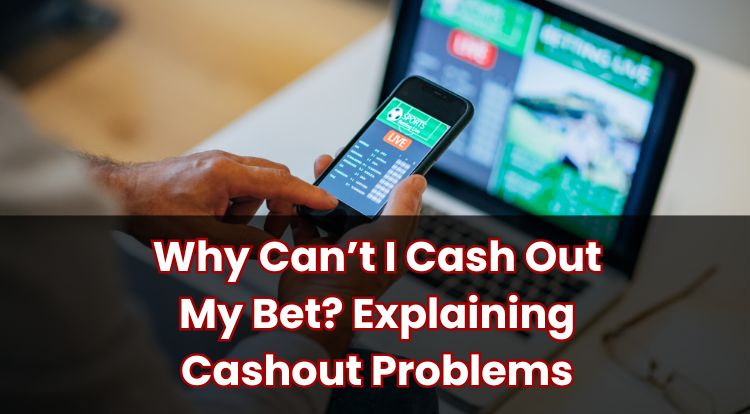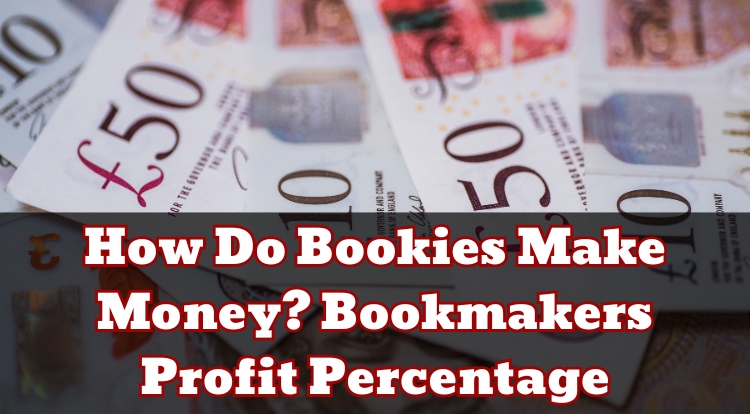What Is a Stake? Betting Terms and Stake Meaning Explained
If you are exploring sports betting for the first time, you may notice that bookmakers use certain words that may seem confusing. One of the most common is “stake”.
Knowing what stake means can help you understand how much money you are putting on a bet and what can happen to it once the bet is placed.
This guide explains the term in plain English, using practical examples to help make it clear. By the end, you will have a stronger grasp of how stakes work in sports betting, how they affect potential returns, and what might happen to your money in different situations.
What Does Stake Mean in Betting?
A stake is the amount of money you place on a bet. It is the sum you choose to commit on a particular outcome, such as a football team to win or a horse to finish first.
For instance, if you stake £5 on a football match at odds of 3/1 and the team wins, your return is £20 in total (£15 winnings plus your £5 stake). If the team loses, the £5 is lost.
When betting online, you will type the stake into the bet slip before confirming. In a shop, you write the stake on the slip and hand over the money.
How Does a Stake Work in Sports Betting?
Once you confirm a bet, your stake is deducted from your balance or taken at the counter. The bookmaker records the selection, the odds, and the stake on your receipt or online bet history.
If your selection is settled as a winner, your return is calculated using the odds and your stake amount. If the selection does not win, the stake is lost.
Bookmakers may also have rules for unusual scenarios. For example:
- If a match is cancelled, the bet could be made void and the stake returned.
- If a market is affected by specific conditions (such as a player retiring in tennis), settlement may follow the bookmaker’s published terms.
Cash out options, where available, allow you to settle a bet early, but these are not usually offered on every market or event. Some bookmakers may provide full cash out, while others may only offer partial cash out, or restrict it to certain sports.
The value you are offered can also differ, as it is calculated using the bookmaker’s own rules and live market conditions. Because these features are not standard across all operators, it can be worth checking the terms and conditions of the bookmaker you are using before placing a bet, so you understand when cash out is available and how it can be applied.
Stake vs Wager: Is There a Difference?
In the UK, “stake” usually refers to the actual money you place on a bet. “Wager” is more general and can mean the act of betting, or simply another word for a bet.
For example:
- Stake: £2 on a horse to win.
- Wager: You placed a wager on the horse race.
Most UK betting sites use “stake” on the bet slip. You may see “wager” in terms and conditions, particularly in promotional offers or when international wording is used.
Examples of Stake Amounts in Real Bets
Looking at practical examples can help make the idea clearer:
- £1 football bet: A £1 stake at odds of 4/1 could return £5 in total (£4 winnings plus £1 stake).
- £5 each way horse bet: An each way bet is two bets — £5 on the horse to win and £5 on it to place. The total outlay is £10, with potential returns depending on finishing position and the bookmaker’s place terms.
- £10 accumulator: A four-leg accumulator with a £10 stake requires all four selections to be correct. If one loses, the entire £10 is lost.
How Do Stakes Affect Potential Winnings?
The higher the stake, the more money is at risk and the more you might receive if the bet wins. The calculation is straightforward:
Stake × Odds = Potential Winnings (plus the return of your stake).
For example, a successful £2 stake at odds of 5/1 produces £12 in total (£10 winnings plus your £2 stake). The same odds with a £10 stake could return £60 in total.
Odds show how likely the bookmaker believes an outcome is. Longer odds mean a lower probability, but higher potential returns. Shorter odds mean a higher probability, but smaller potential returns.
It’s important to remember that sports betting involves chance. There is no strategy that can guarantee winnings, and the outcome can never be predicted with certainty.
Can You Lose More Than Your Stake?
For fixed-odds sports bets, the most you can lose is the stake you placed. If you bet £10 on a cricket match and your team loses, the £10 is lost and there are no further costs.
Other types of betting, such as spread betting or laying a bet on an exchange, work differently and can potentially lead to losses greater than the initial stake. These are not the same as fixed-odds sports bets and involve additional financial exposure.
What Happens if a Stake Is Returned?
Sometimes a bet is declared void and the original stake is returned. This usually happens if:
- A match is cancelled or postponed.
- A market is settled in line with the bookmaker’s terms, such as a player not starting in a tennis match.
The refund should show in your account or be paid at the counter. Exact rules can vary, so it may be a good idea to read the terms of the bookmaker you are using to see how any refunds are handled.
It’s important to gamble responsibly. Bet only with money you can afford to lose. Setting limits, keeping track of your staking, and taking breaks if it stops being enjoyable can all help. Since outcomes are uncertain, approaching sports betting with care can help keep it safe and manageable.
**The information provided in this blog is intended for educational purposes and should not be construed as betting advice or a guarantee of success. Always gamble responsibly.




